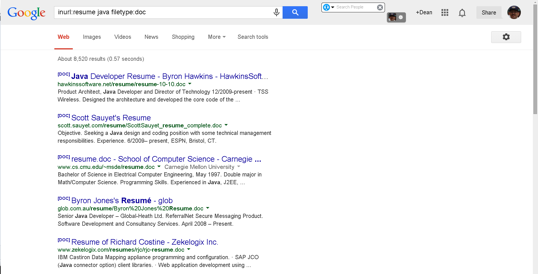By Eric B. Meyer
Let’s talk (alleged) big butts and discrimination.
In Luster-Malone v. Cook County, Ms. Luster-Malone, a hospital employee, alleged that her supervisor told her, “‘your big fat ass needs to concentrate on losing weight,” or something to that effect.” Ms. Luster-Malone — as the story usually goes with these blog posts — was later fired.
The hospital claimed that it fired Ms. Luster-Malone for insubordination and for improperly claiming overtime benefits. Ms Luster-Malone claimed that these reasons were pre-textual and, indeed, her obesity motivated the termination.
Is obesity an ADA disability?
Although it did not control the outcome of this case, the court first explored the issue of whether obesity is a disability under the Americans with Disabilities Act. It noted that “obesity does not generally qualify as a disability under the ADA: as the ADA interpretive guidelines note, ‘obesity is not considered a disabling impairment’ except in ‘rare circumstances.’ ”
However, the court did point out that if obesity affects major life activities such as walking or shopping, it may be an ADA disability.
(For more on obesity as an ADA disability, check out these posts).
The “big fat ass” comment wasn’t discriminatory either.
The Court noted that the comment was purportedly made in May 2009, around three months before the overtime-work investigation, and around five months before Cook County formally decided to fire her. Thus, the courts said that the timing was unrelated to the plaintiff’s firing.
The court further noted that the comment was in no way associated with the investigation into the misclaiming of overtime or to the termination decision itself. Thus, it did not relate contextually to the firing and, therefore, could not have motivated it.
Employer takeaway
While the plaintiff alleged that the comment was one of several derogatory statements made about her weight, federal anti-discrimination statutes like the ADA are not intended to be workplace civility codes.
In other words, merely being rude and disrespectful does not violate the law.
Still, comments like the one here can create big fat lawsuits that cost lots of money to defend. So, while they may not be illegal, please do not tolerate rude and disrespectful comments in the workplace.
Additionally, think about what you would do if an employee with weight issues comes to you requesting help to perform her position. Even though the obesity technically may not be a disability, consider engaging in an interactive dialogue to discern what reasonable accommodations, if any, will allow her to perform the essential functions of her job.
The cost of that accommodation will likely be far less than the lawsuit should you decline to provide it.
This was originally published on Eric B. Meyer’s blog, The Employer Handbook.
